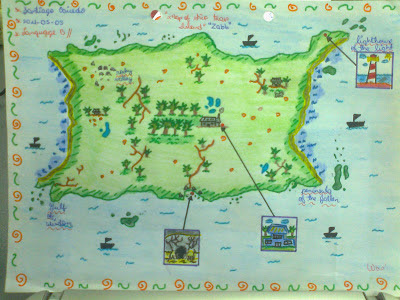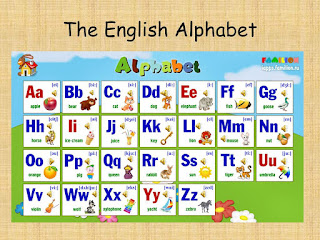What is GEE in Spanish?
"GEE! If I get any closer I'll fall down and drown!"
GEE is an interjection mostly used in the United States that expresses mild astonishment, and it is little by little becoming archaic because fewer people are using it these days.
In Spanish, there are two interjections that are close in meaning and they are CARAMBA and CARAY. Just like GEE, these two words are becoming archaic in Spanish as well.
Though not necessarily the same in meaning, these expressions are also possible: SANTO DIOS or DIOS MÍO.
Funny, but also quite rare these days (you will find it only in the funny pages), there is also RECÓRCHOLIS.




Comments
María Villón
Cool, this is very useful for me.
Explain that there are different ways to express ourselves around the world.
- DANIELA YEPEZ SANCHEZ
Niza Bayas
Bella Bravo
Fiorella Cuasquer MA 2-2
Romina Pérez Soria
Denisse Holguin Castro
Adriana Mendoza Morán.
Fer Taboada R. MA-2-2
Tobar 2-2
María Belén Ordoñez
the interjections can change according to the country they can have different meanings and it's a lot of fun.
Quispe Moran Bryan Steven
-Natasha Castillo Medina
-Briggitte Velez
Patricia Franco
But all these expressions are changing according to fashion and news among friends and young people since a new one comes out every time.
Also, I really enjoyed reading this blog as I was able to learn about the expressions that are becoming archaic in the United States.
By: PAUTA CARAGUAY LADY NAYELY :)
Michell Fernández Valencia